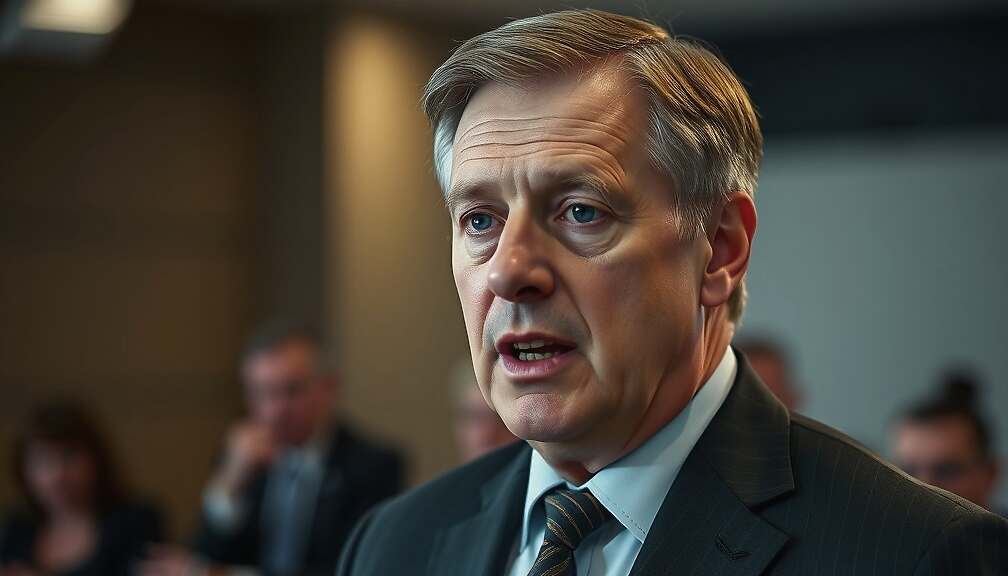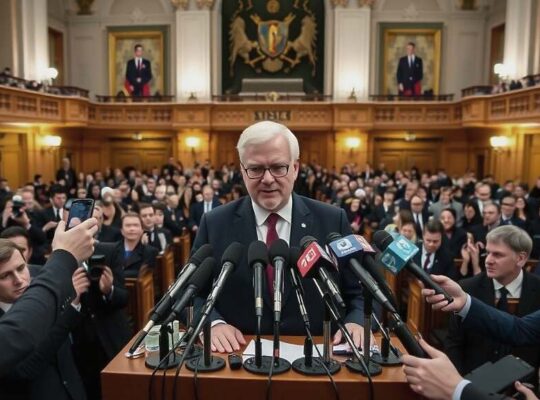A leading figure in German foreign policy has delivered a sharp critique of his nation’s approach to the Middle East, arguing it has fundamentally failed to achieve results and requires a significant overhaul.
Norbert Röttgen, a prominent member of the Christian Democratic Union (CDU) and responsible for foreign policy as Deputy Parliamentary Group Leader, asserts that German foreign policy has become overly focused on legal and ethical considerations at the expense of pragmatic influence. He contends that while international law remains important, it should not be the sole lens through which foreign policy is conducted, arguing it represents merely “one interest among others” in conflict situations.
Röttgen’s comments call for a broad reassessment across the political spectrum, stating that current strategies have yielded “practically nothing”. He questions the absence of a discernible German policy aimed at shaping the behavior of regional actors in line with German interests, lamenting a reliance on legal assessments rather than active influence.
Addressing criticisms concerning recent events, Röttgen defended actions taken by international partners, specifically regarding potential responses to perceived threats. He insisted that evaluating such actions requires considering the broader security context, dismissing accusations of breaches of international law as stemming from a selective focus. He characterized support provided by the United States as a “legitimate risk assessment” suggesting recent developments demonstrate the validity of that approach and create opportunities for renewed diplomatic efforts.
Looking towards the upcoming NATO summit, Röttgen cautioned that simply increasing material capabilities will not be sufficient to ensure effective defense. He stressed the critical need for a corresponding shift in strategic thinking and an underlying “culture of resilience”. He argues this strategic culture is currently Germany’s weakest point, requiring leadership that not only prioritizes but embodies such principles.
Röttgen also expressed skepticism regarding calls for the European Union to assume a more prominent role as a global geopolitical force. He maintained that Germany and by extension Europe, must first prioritize its own security and regional strength before extending its reach further afield. He posited a historical shift, suggesting Europe needs to re-establish itself as a regional security power, a role traditionally filled by the United States following the Second World War.












